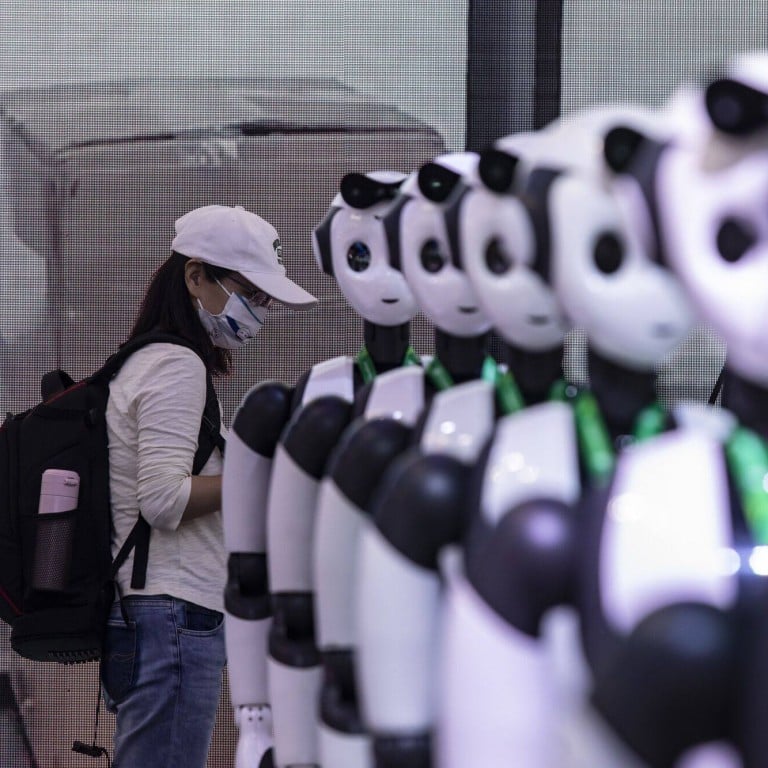
China’s AI aspirations will fuel economy, drive investment into the trillions of dollars: McKinsey
- It’s been one year since the public release of ChatGPT, kick-starting an AI race that is commanding vast resources by Chinese firms looking to cash in on ‘frontier tech’
- AI advancements are expected to have profound implications on China’s labour market, but its leaders have moved relatively quickly to stem risks
Chinese companies that believe the smart money is on advancing artificial intelligence are poised to invest heavily over the next decade, and the annual windfall will stretch into the trillions of dollars and become a strategic driver of economic growth, according to a major US-based management consultancy.
“Generative AI will be one of the most important research areas in the coming future, especially after ChatGPT came into being [a year ago],” said Joe Ngai, senior partner and chairman of McKinsey & Company’s offices in Greater China, adding that Chinese companies are eyeing AI as they enter new arenas with hopes of winning a competitive edge in an uncertain business environment.
“Companies in China have been growing effectively in a data environment, and we believe that AI and digitisation will be an area where Chinese companies can excel,” he said, speaking to the media on Monday.
As AI sets to replace human workers, the structural mismatch between labour supply and demand could persist in the future
The surge in popularity of ChatGPT, which was released last November, has also kick-started a new AI race.
“Generative AI could further release US$2 trillion worth of economic benefits in China [each year], on the basis of the traditional AI and advanced analytics technologies,” said Violet Chung, senior partner at McKinsey & Company in Greater China, during the same press event.
By 2030, more than half of the jobs in China will be automated, and the automation rate will rise to 90 per cent by 2050, McKinsey said in a new report.
AI advancements could have profound implications on China’s labour market, said Yi Gang, former governor of the People’s Bank of China and a professor at Peking University.
“As AI sets to replace human workers, the structural mismatch between labour supply and demand could persist in the future,” he said in an article earlier this month.
However, Beijing’s AI ambitions are facing growing headwinds as the US government looks to curb Chinese companies’ access to American cloud-computing services, which would bar mainland clients from using the power of advanced AI chips remotely.
Despite its strategic importance to drive up the economy and catalyse industrial transformation, the rapid development of AI has also raised concerns, with state media saying the risks involve intellectual property rights, privacy and fraud.
“The impact of generative AI is mainly evident in four domains: research and development; software engineering and information technology; customer operations; in addition to marketing and sales,” McKinsey said in the report.

